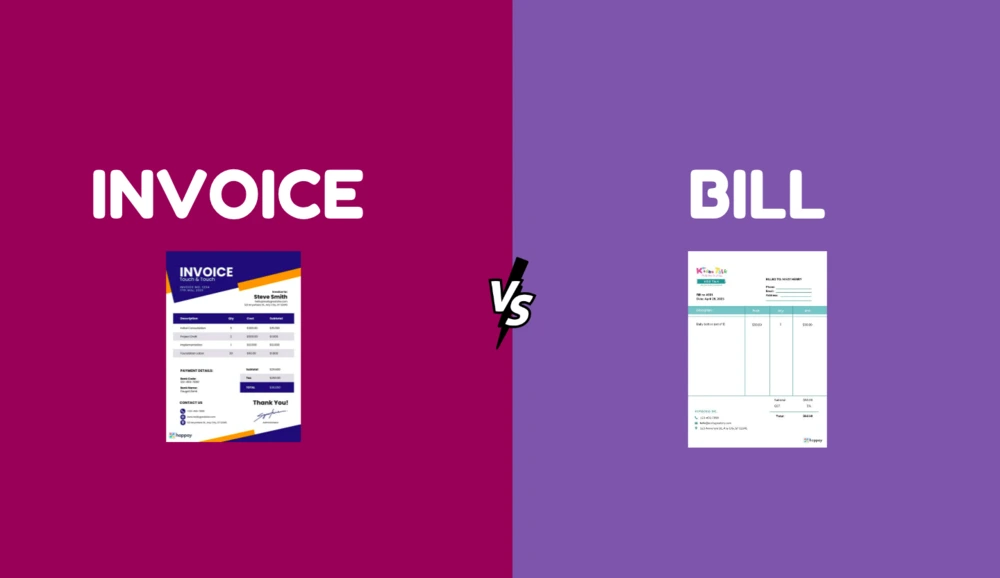Section 68 – Finance Acts
Amendment of section 200A In section 200A of the Income-tax Act, with effect from the 1st day of April, 2025,— (a) in the marginal heading, for the word “source”, the words “source and other statements” shall be substituted; (b) after sub-section (2), the following sub-section shall be inserted, namely:— “(3) The […]
Section 68 – Finance Acts Read More »
